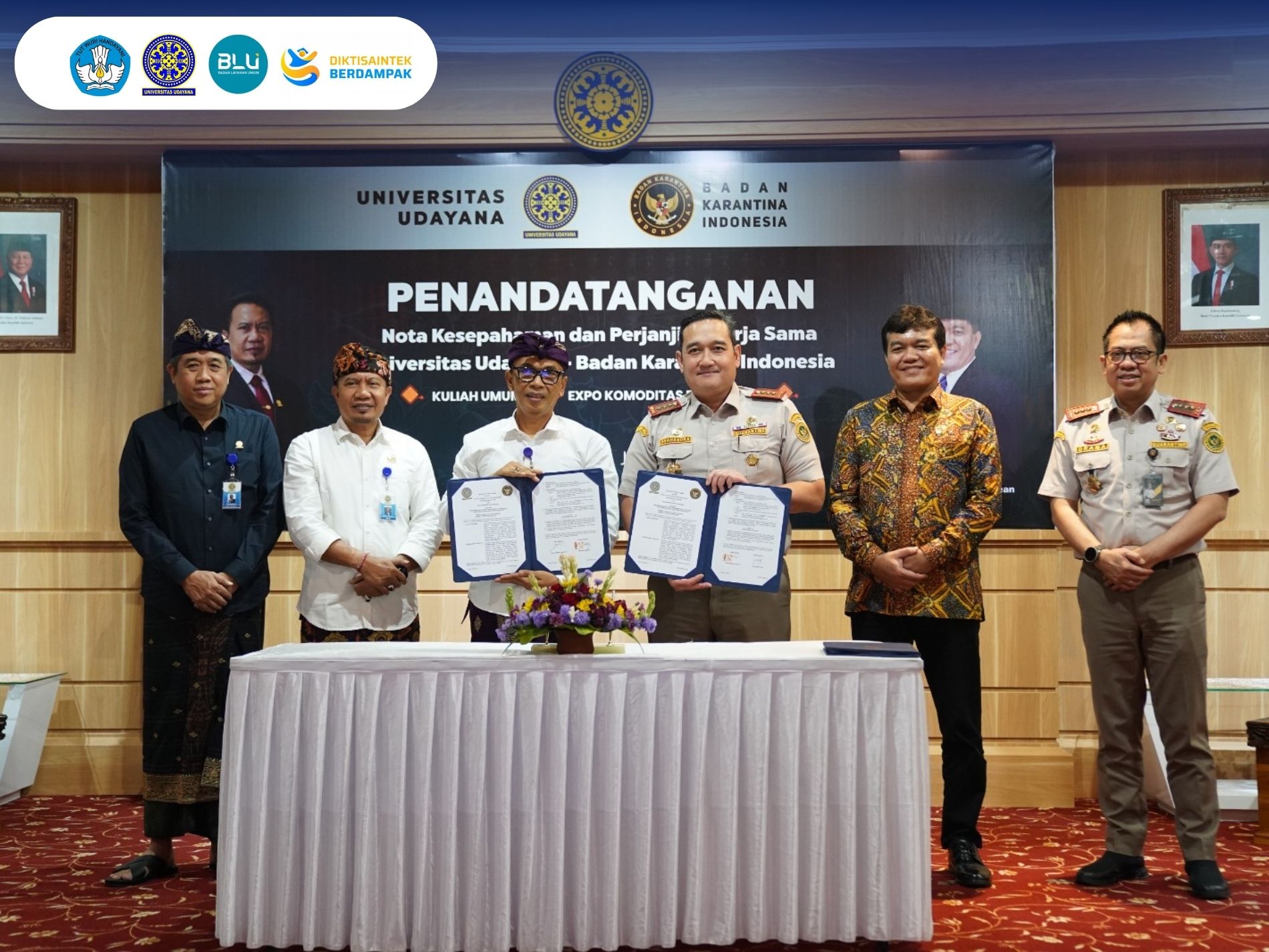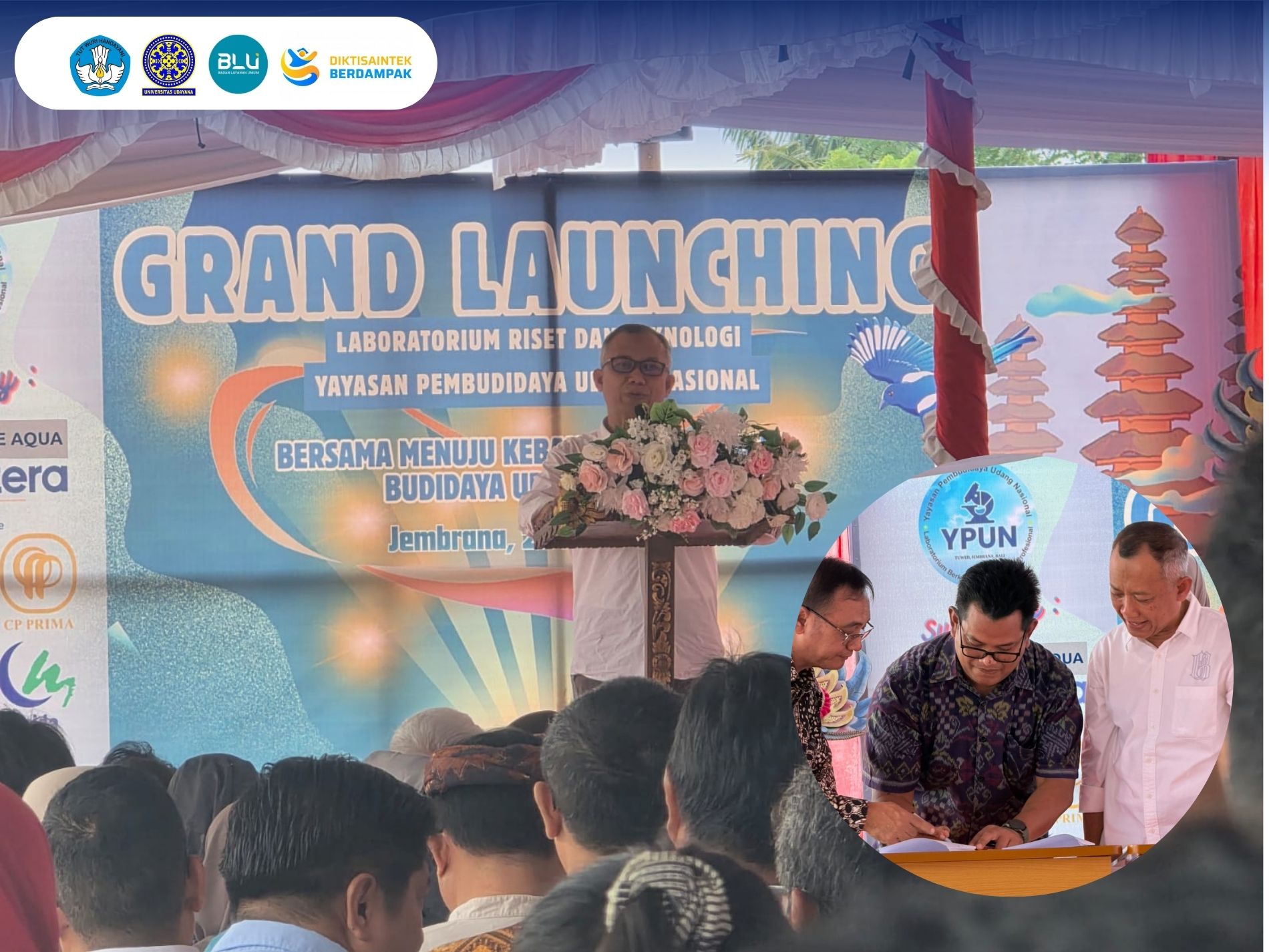Aquatic Resources Expert Group
Expertise Group (KBK)
Aquatic Resources
Focusing on exploration, management, and conservation of aquatic environments to support a sustainable Blue Economy.
Research RoadmapResearch Roadmap
1 Short-term (1-3 Years)
Data Strengthening & Basic Technology
- Biodiversity mapping of aquatic ecosystems.
- Water quality analysis & pollution impact assessment.
- Fish stock assessment & migration patterns.
- Monitoring methods (Sensors, Drones, GIS).
2 Medium-term (4-7 Years)
Innovation & Management Strategies
- Ecosystem rehabilitation (Mangroves & Seagrass).
- Ecology-based sustainable fisheries.
- Adaptive climate change policies.
3 Long-term (8-15 Years)
Implementation & Global Impact
- Ecotourism & Blue Economy-based management.
- Contribution to global conservation policies.
- Aquatic mitigation & food security.
Research Output & Scientific Works
Journal Archives, IPR, and Aquatic Resources Literature Products
Journal
Biological Aspects of Swordtail Fish (Xiphophorus hellerii Heckel, 1848) in the Four Lakes of Bali
Journal
Morphoregression and First Size at Maturity of Goldstripe Sardinella (Sardinella gibbosa) from Bali Strait Waters
Journal
Length-Weight Relationship, Condition Factor, and Distribution of Nyalian Fish (Barbodes binotatus Valenciennes 1842) in Tamblingan Lake, Bali
Journal
Percentage of Mangrove Canopy Cover and Mollusks Abundance in Benoa Bay Mangrove Ecosystem
Journal
Estimation of population parameters and fishery status of spotted scat, Scatophagus argus (Scatophagidae) in Pabean Bay, Indramayu, West Java, Indonesia
Journal
Vertical Profile of Nitrate and Phosphate in the Waters of Lake Batur, Bali
Journal
Assessment of Lemuru (Sardinella lemuru) Fishing Technique Conditions Based on the EAFM Approach in PPI Kedonganan, Bali
Journal
Diversity and Interspecies Association of Seagrass in Samuh Beach Waters, Nusa Dua, Bali
Journal
Effect of Feeding Lemuru Waste Meal on the Growth of Betta Fish (Betta splendens)
IPR
Meristic and Morphometric Characteristics of Fish Resources in East Seraya Waters, Karangasem Bali
IPR
Training on Handling Longtail Tuna (Auxis Rochei) as an Effort to Improve Fish Quality and Economic Value in East Seraya Village, Karangasem
IPR
Identification Study of Bali Goldfish Based on Character and Genetics in Denpasar City
Book / Report
Lake Tamblingan: From Nature to Culture
Book / Report






 (8).jpg)


UDAYANA UNIVERSITY